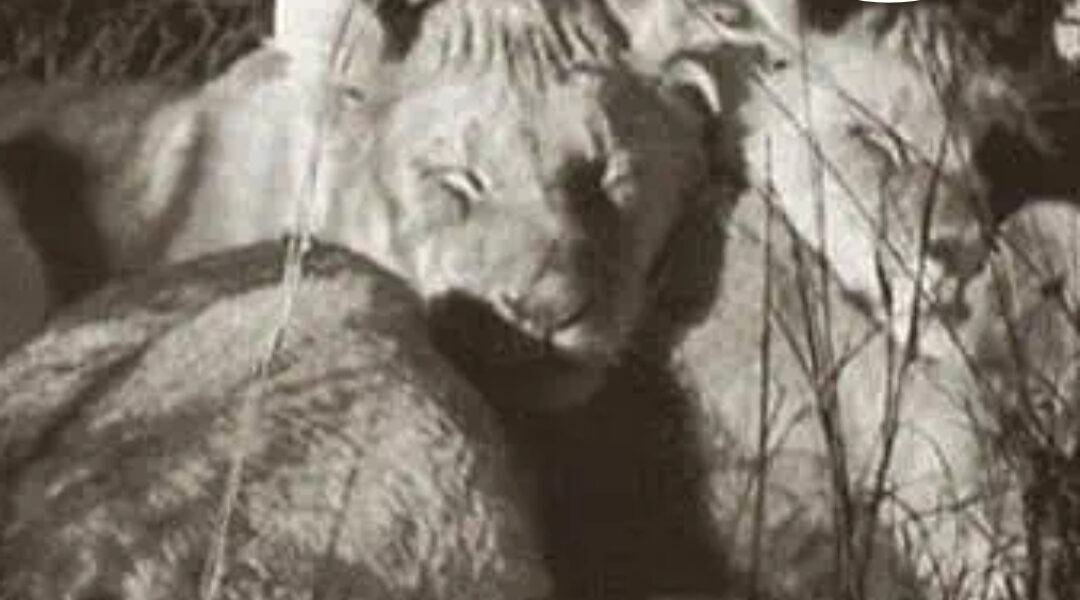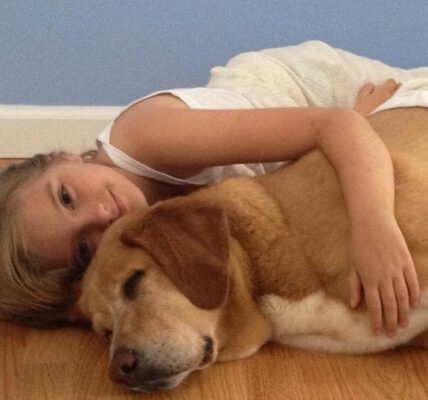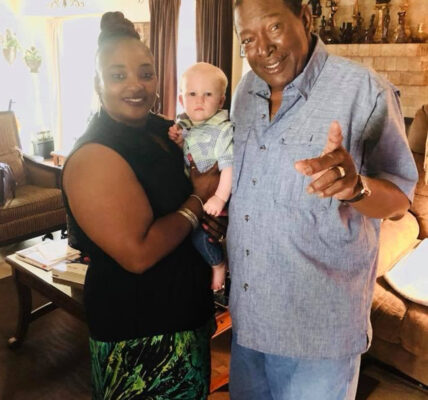The sun was rising over the grasslands of Hwange National Park, turning the tall golden grass into rivers of light. Somewhere deep within those plains, a small lion cub stirred beside its mother — a heartbeat of what was once Africa’s most famous pride.

Cecil’s pride.
Once, their father had been the king of this land — the great black-maned lion known across the world simply as Cecil. His roar had rolled through the valleys like thunder. His pride had been large, powerful, and safe. But all that changed in July 2015, when a man from another continent took his life for sport.
Walter Palmer, an American dentist, lured Cecil from the safety of the reserve and killed him with a bow and arrow. The world cried out in anger. But in the wild, grief is quieter — it lives in silence, in the long search of a cub for a father who will never return.
In the weeks after Cecil’s death, his brother Jericho stepped forward. Nature does not wait for mourning. The cubs were still too small to hunt, too soft to survive without a protector. Jericho became that guardian. He walked with them, fed them, kept the rival males at bay. Under his shadow, Cecil’s cubs grew — living proof that love and loyalty run deeper than blood.

For a while, it seemed as though the story might have a gentler ending. The cubs played. The lionesses hunted. Tourists visiting the park would sometimes glimpse the small, golden shapes tumbling through the grass, unknowing of the tragedy written into their lineage.
But the wild is never still for long.
Less than a month ago, the researchers who watched over Cecil’s pride noticed one cub missing. At first, they hoped it had wandered. Lion cubs sometimes stray, curious about the world. But the truth soon surfaced — a rival male named Bubesi had challenged Jericho. The attack was brutal and short. When it was over, one of Cecil’s eight cubs was gone.
Now, another was missing.

The rangers searched for days, combing the dry savannas where lions once walked in peace. They called out softly into the grass, knowing there would be no answer. When they finally stopped, only silence remained — the kind that falls when something irreplaceable has been taken again.
For the second time in weeks, the world’s most famous pride was grieving.
Jericho stayed near the remaining cubs, more protective than ever. But even a lion cannot fight the tide forever. Rival males roam the edges of the park, drawn by the scent of weakness, of opportunity. And the odds — the scientists said — were only five percent that all the cubs would live to adulthood.
Still, the rangers refused to give up. They placed a tracking collar on one of the lionesses — the same kind Cecil once wore — to monitor the pride’s movements and safety. To the researchers at Oxford University, who had followed Cecil’s life for years, this was more than conservation work. It was a promise — a way of saying that his story would not end with his death.
Days later, a new set of photographs came in from African Bush Camps. The images showed the cubs sleeping close together in a patch of shade, their paws touching, their fur dappled with afternoon light. In another photo, one curious cub stared directly into the camera lens — eyes wide, unafraid.
For a moment, it felt as though Cecil’s legacy was still alive in those tiny faces.

But behind every soft image, there was fear — fear of what happens when the cameras leave, when the night comes, when Jericho grows old. Because out there, in the wilderness that gives and takes without reason, another male is always waiting.
When Walter Palmer killed Cecil, he claimed it was for sport — for challenge, for pride. But what he really killed was continuity. A pride without its patriarch is not simply smaller; it is vulnerable. It becomes a living target for takeover. And when a new male takes control, the first act of dominance is to destroy the offspring of the previous leader — to erase his bloodline and begin anew.
That is nature’s law. Harsh. Unyielding. And endlessly repeated.
Yet humans, unlike the animals we share this earth with, have the power to choose compassion over cruelty.
Cecil’s death became a symbol — a roar that echoed far beyond the savanna. Across continents, people spoke his name. Artists painted him. Writers mourned him. Schools taught his story. And somewhere in the middle of that global grief, the smallest ones — his cubs — continued to fight for life.

Jericho, the loyal brother, became the silent hero. He guarded the cubs like they were his own, his massive body standing between them and danger. The lionesses, too, played their part — teaching the young to stalk, to hide, to survive. The park rangers followed at a distance, tracking, watching, praying.
But even the strongest protection cannot stop loss entirely.
When news broke of the second missing cub, it felt like losing Cecil all over again. Not just for Zimbabwe, but for everyone who had ever seen his golden mane in the photographs and believed that some things in nature should be sacred.
And yet, hope remains — fragile, trembling, but still alive.
Because in every remaining cub, in every lioness that refuses to abandon her young, in every ranger walking through the grass with a rifle on his shoulder and sorrow in his eyes, Cecil’s spirit endures.

In Hwange, as the sun sets, Jericho’s pride moves together through the tall grass. The surviving cubs stay close to their mother’s side, learning what safety feels like for now. Somewhere, the rival males prowl the periphery, waiting for weakness. But for tonight, the family still stands.
And that — for now — is enough.
The story of Cecil and his cubs is not just about wildlife or tragedy. It is a mirror held up to humanity — a question whispered through the rustling grass: What do we value more — dominance or mercy?
Walter Palmer may have fired the arrow that ended one lion’s life, but he also ignited something he could not control — a global reckoning, a promise to do better. Because the roar that was silenced in Hwange woke something far greater than anger; it awakened empathy.
Perhaps that is why the rangers continue to fight for Cecil’s pride even when the odds are five percent. Because five percent is still hope. Five percent is still a heartbeat.
And hope, like the lions of Hwange, refuses to die quietly.
Someday, maybe years from now, a young lion will stand on a ridge at sunrise — strong, full-grown, golden against the sky — and his mane will shine like his father’s once did. He will roar, and the sound will roll through the valleys again, through the forests, through the memory of loss.
And somewhere, in that sound, the world will remember that for every cruelty we commit, there still exists a chance to choose love instead.
Until then, the story continues — in every pawprint, in every heartbeat, in every cub that dares to live on.
Because Cecil may have fallen, but his blood still walks the land.
And as long as his pride breathes beneath the African sun — he is never truly gone.




